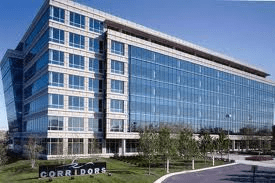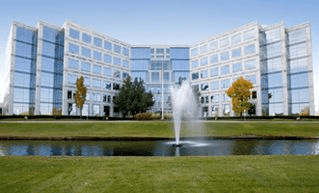 Many business owners are often focused on the office space itself when leasing a commercial office for their company. Although the interior of the office is quite important, it is vital to not overlook parking options when leasing office space. This is especially relevant in cities and largely populated areas where having parking on-site is an absolute necessity.
Many business owners are often focused on the office space itself when leasing a commercial office for their company. Although the interior of the office is quite important, it is vital to not overlook parking options when leasing office space. This is especially relevant in cities and largely populated areas where having parking on-site is an absolute necessity.
Inquire About Parking Right Away
When you are interested in a particular office space and are at the point of seriously considering leasing the chosen location, make sure you inquire about parking options right away, especially if parking is a must for you. This is a lease term which can often make or break a leasing commitment and force you to look elsewhere, especially if parking is what you want but not what you will receive if you lease that particular office space.
Find Out Whether Parking is Open or Reserved
Leasing will either be open or reserved in nature. With an open parking arrangement, you will have access to parking at a garage or lot but not receive designated spots, which means if the lot fills up, you are out of luck. With a reserved parking situation, you will have set office space parking and know that when you pull into your office parking lot, your parking spot will be available. This is often an important component for office space tenants to consider.
Ask About Client Parking Options
Even if you know that you will have office space parking for both you and your employees, you may not have parking spots available for your clients. It’s important to ask about this issue, and then determine if client parking is a necessity or not. Client parking is often an attractive feature as many customers and clients like to deal with businesses which offer ease of access to their facilities.
Make Sure Parking Terms are Included Within the Lease
Even though you may have discussed parking terms and agreed that these features will be included with your tenancy, you must put it into writing and ensure that the lease contains the term related to parking. Rather than have a statement to the effect of “parking is included,” you should insert information related to how many parking spaces are included, whether parking is reserved or open, if clients may have access to parking spots while doing business with your company and other specific parking terms. Once the parking terms are included within the lease, you can rest assured that parking spaces will be available to you during your commercial office space tenancy.
Parking may not be a must-have inclusion for certain office space tenants. However, for others, having the access to parking for both employees and clients is a necessity which simply cannot be omitted from an office space tenancy. So long as you determine your parking needs, inquire about parking options and ensure that you will have parking spaces available to you, your company and clients, plus include such terms within the lease, your office space lease will consist of the pertinent items you need to do business efficiently.








